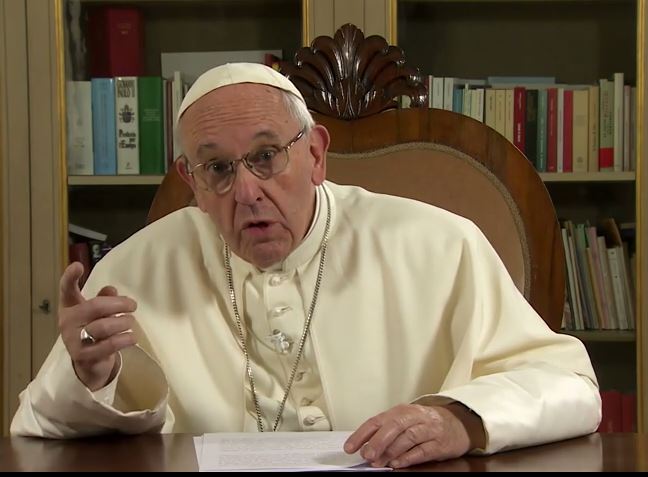These two remarkable inspirational talks have something in common – they discuss the importance of inclusion, of charity and of bridging divides.
The first is an address by Megan Phelps-Roper, who grew up in the controversial Westboro Baptist Church. The Topeka, Kansas church is known internationally for its daily public picketing and protests at funerals of the military, and against members of the LGBT community, Jews, countless others – usually holding provocative, highly offensive, hate-filled signs. Members of the Baptist faith denounce the group and any affiliation. The church primarily consists of one extended family, a type of cult. Children are indoctrinated and join the picketing at a very young age.
Megan Phelps-Roper was one of those children, but she managed to find the courage to leave as an adult. Dialogue with “enemies” online proved instrumental in her deradicalization, and she left the church and her entire way of life in November 2012. Since then she has become an advocate for people and ideas she was taught to despise — especially the value of empathy in dialogue with people across ideological lines. She speaks widely, engaging audiences in schools, universities, faith groups, and law enforcement anti-extremism workshops. In her extraordinary talk, she shares her personal experience of extreme polarization, along with some sharp ways we can learn to successfully engage across ideological lines. For access to the TED page with an interactive transcript, see I Grew Up In the Westboro Baptist Church: Here’s Why I Left.
The second talk is by Pope Francis on Why the only future worth building includes everyone. It is remarkable to have the Pope use this technology to try to reach a broad audience, but he has a particular message for business leaders. He says that a single individual is enough for hope to exist, and that individual can be you. In a hopeful message delivered from Vatican City to people of all faiths, to those who have power as well as those who don’t, the spiritual leader provides illuminating commentary on the world as we currently find it and calls for equality, solidarity and tenderness to prevail. “Let us help each other, all together, to remember that the ‘other’ is not a statistic, or a number,” he says. “We all need each other.”
For the TED page with an interactive transcript, see Why the only future worth building includes everyone

